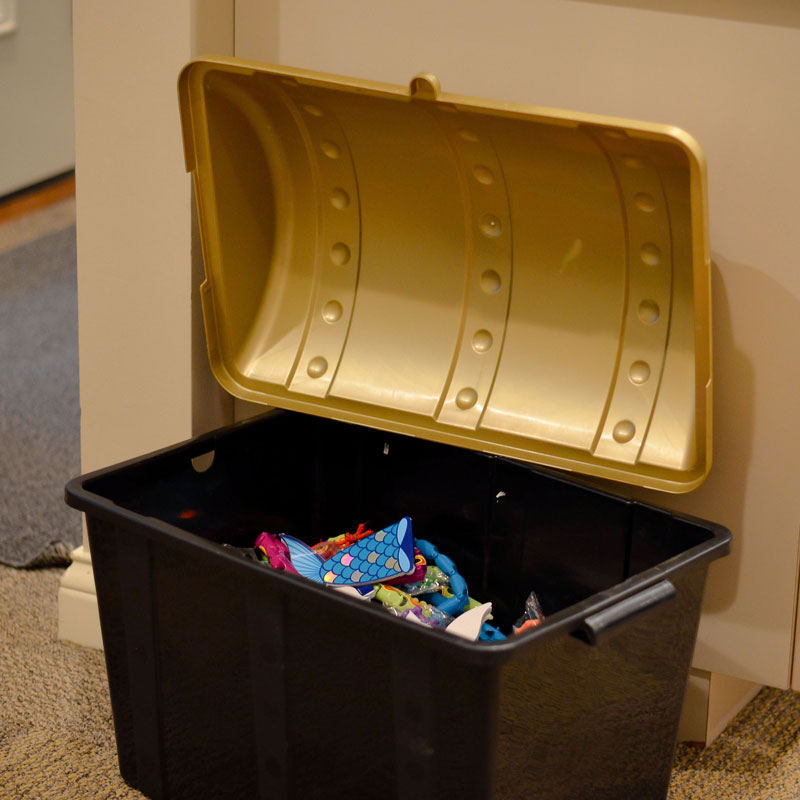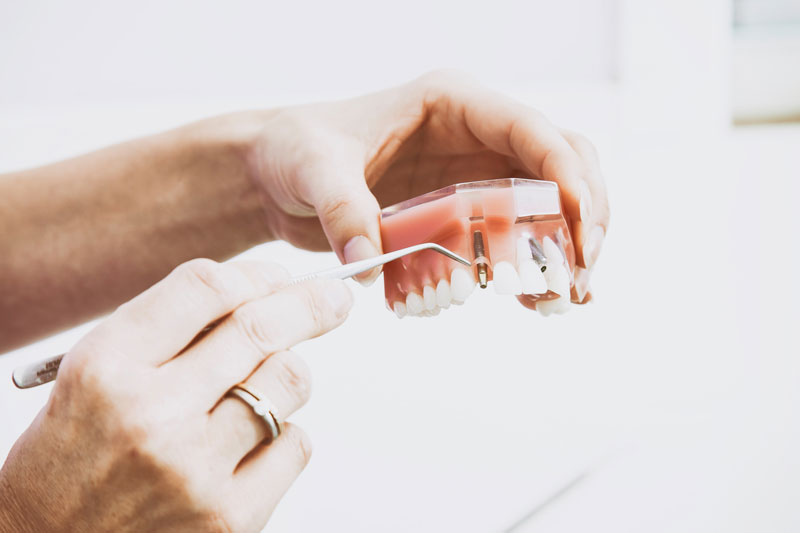Sports Mouthguards
While engaged in sports, you can keep your teeth protected using a mouthguard. These are dental appliances that are worn over your teeth during athletic activities, helping to provide cushioning and prevent serious damage.
Mouthguards can be especially beneficial for those wearing braces as they can protect the teeth and brackets as well as act as a barrier between the braces and the insides of the cheeks, lips, and tongue.
At our practice, Dr. Williams can have a mouthguard custom-made for you. An impression will be made of your teeth and sent to a dental lab where the mouthguard will be constructed to be an exact match for your teeth.
There are different types of mouthguards, ranging from semi-rigid to flexible, and the best type for you may depend on the sport or activity you will be doing, so be sure to let us know how you will be using it.
Caring for Your Mouthguard
- Be sure to brush and floss before wearing your mouthguard
- Don’t chew on your mouthguard
- Don’t bend your mouthguard, as it’s important that it maintains its shape
- Your mouthguard can be damaged by heat, so keep it out of the sun and don’t leave it in a closed vehicle
- Keep your mouthguard clean, and don’t throw it in with sweaty clothes or sports gear
- Wash your mouthguard after each use with soap and cool water
- Before storing your mouthguard, soak it in mouthwash
- Keep your mouthguard in its proper, ventilated storage box
- Call us if you need the fit adjusted or are experiencing any other problems with your mouthguard










Recent Comments